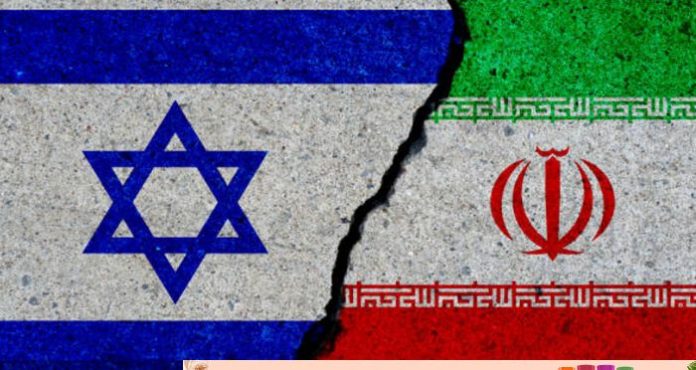WASHINGTON, AUG 25: The top U.S. general began an unannounced visit to the Middle East on Saturday to discuss ways to avoid any new escalation in tensions that could spiral into a broader conflict, as the region braces for a threatened Iranian attack against Israel.
Air Force General C.Q. Brown, chairman of the Joint Chiefs of Staff, began his trip in Jordan and said he will also travel to Egypt and Israel in the coming days to hear the perspectives of military leaders.
His visit comes as the United States is trying to clinch an elusive Gaza ceasefire-for-hostages deal between Israel and Palestinian militant group Hamas, which Brown said would “help bring down the temperature,” if achieved.
“At the same time, as I talk to my counterparts, what are the things we can do to deter any type of broader escalation and ensure we’re taking all the appropriate steps to (avoid) … a broader conflict,” Brown told Reuters before landing in Jordan.
U.S. President Joe Biden’s administration has been seeking to limit the fallout from the war in Gaza between Hamas and Israel, now in its 11th month. The conflict has leveled huge swathes of Gaza, triggered border clashes between Israel and Lebanon’s Iranian-backed Hezbollah movement and sparked attacks by Yemen’s Houthis on Red Sea shipping.
Meanwhile, U.S. troops have been attacked by Iran-aligned militia in Syria, Iraq and Jordan.
U.S. Secretary of State Antony Blinken has been shuttling from Jerusalem to Cairo to Doha… pressing mediators and representatives of Israel and Hamas to reach a ceasefire deal that would pause fighting in Gaza and bring Israeli captives home.
In recent weeks, the U.S. military has been bolstering its forces in the Middle East to guard against major new attacks by Iran or its allies, sending the Abraham Lincoln aircraft carrier strike group into the region to replace the Theodore Roosevelt carrier strike group.
The United States has also sent an Air Force F-22 Raptor squadron into the region and deployed a cruise missile submarine.
“We brought in additional capability to send a strong message to deter a broader conflict … but also to protect our forces should they be attacked,” Brown said, saying safeguarding American forces was “paramount.”
IRANIAN RESPONSE
Iran has vowed a severe response to the killing of Hamas leader Ismail Haniyeh, which took place as he visited Tehran late last month and which it blamed on Israel. Israel has neither confirmed or denied its involvement.
Hezbollah has also threatened a response after Israel killed a senior Hezbollah commander in Beirut last month.
Iran has not publicly indicated what would be the target of an eventual response to the Haniyeh assassination but U.S. officials say they are closely monitoring for any signs that Iran will make good on its threats.
“We stay postured, watching the (intelligence) and force movements,” Brown said.
On Friday, Iran’s new Foreign Minister Abbas Araqchi told his French and British counterparts in telephone conversations that it was his country’s right to retaliate, according to the official IRNA news agency.
On April 13, two weeks after two Iranian generals were killed in a strike on Tehran’s embassy in Syria, Iran unleashed a barrage of hundreds of drones, cruise missiles and ballistic missiles towards Israel, damaging two air bases. Israel, the United States and other allies managed to destroy almost all of the weapons before they reached their targets.
Brown did not speculate about what Iran and its allies might do but said he hoped to discuss different scenarios with his Israeli counterpart.
“Particularly, as I engage with my Israeli counterpart, how they might respond, depending on the response that comes from Hezbollah or from Iran,” Brown said.
The current war in the Gaza Strip began on Oct. 7, 2023, when Hamas gunmen stormed into Israeli communities, killing around 1,200 people and abducting about 250 hostages, according to Israeli tallies.
Since then, Israel’s military campaign has driven nearly all of the Palestinian enclave’s 2.3 million people from their homes, giving rise to deadly hunger and disease and killing at least 40,000 people, according to Palestinian health authorities.
















